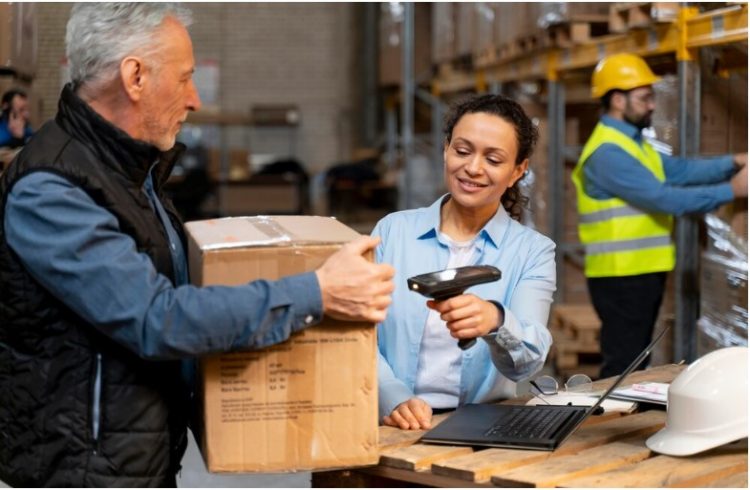Shipping containers have become vital in transportation and are integral to storage, construction, and creative architectural projects. However, determining how to purchase the right container can confuse the beginner.
Before purchasing a container, it is best to inspect it in person. Ask the seller to let you inside and use a flashlight to look around carefully.
Know Your Needs
Shipping containers have become essential for global trade and commerce, but they are also incredibly versatile for storage, construction, and unique design projects. This comprehensive guide will help you unlock the full potential of these large metal boxes, whether for business or personal use.
The first step to buying a shipping container is determining what type of container you need. Shipping containers for sale in Pennsylvania come in several sizes and configurations, from standard cargo-worthy to double-door containers.
Once you know what type of container you need, you must vet each container carefully before purchasing. This includes looking for damage, dents, and other issues affecting the container’s condition or design. For example, if you plan on using a shipping container to build a home, you’ll want to ensure that the planned doors, windows, and room cutouts match the corresponding dents in the container.
Check the Grade of the Container
Many terms are used in the shipping container industry to describe a container’s quality or condition. It is important to understand these terms to make the best choice for your needs and budget.
Grade A containers are in excellent condition and have minimal rust and dents. They are wind and water-tight, functioning doors, gaskets, and floors. Grade B containers are in good condition but may have a few dents or scratches. They are still wind and water-tight and can be used for storage or modification.
Grade C containers are in poor condition and have major damage. These containers are often used for cargo and can be modified or used for scrap. You should always purchase your shipping containers from a company that buys directly from steamship lines to ensure the highest quality containers at the lowest prices.
Check the Condition of the Container
According to seasoned suppliers like Giant Lock Box, checking their condition before purchasing is essential when looking for containers. Look for dents, holes, and signs of structural damage on the sides and roof of the container. The floors are also important to check – they should be sturdy and without soft spots or gouges.
You should also check for leaks inside the container, especially around the doors. It’s a good idea to ask the seller if you can take the container for a test drive before making your final decision. This will allow you to examine the container in person and ensure it meets your needs. You can also ask the seller for details on how they determine container conditions and grades.
Check the Price of the Container
Various factors affect the price of shipping containers. For example, the size of the container can increase its price significantly. Also, the distance it will travel will add to its cost. In addition, the condition of the container can affect its price. For example, dents and corrosion can make it more expensive.
Shipping containers can be bought from local suppliers or through regional networks. However, you should know these brokers take huge cuts and may not offer transparent deals. As a result, you should consider the possibility of finding the right container at a lower price online. You can do this by searching local classified ads and websites. These sites will also let you see the containers in person before purchasing.
Check the Reputation of the Seller
A good seller will be willing to work with you to make purchasing containers as smooth as possible. Check out online reviews and talk to your local suppliers to get a feel for their business practices. Commission-only salespeople usually post these ads and may not be legitimate companies.
It’s also important to find a seller who guarantees their product. This will give you peace of mind if your container arrives at your site in a less-than-perfect condition. Some companies will provide a cash credit or a replacement container, while others will send a repairman to your location to fix the issue.









